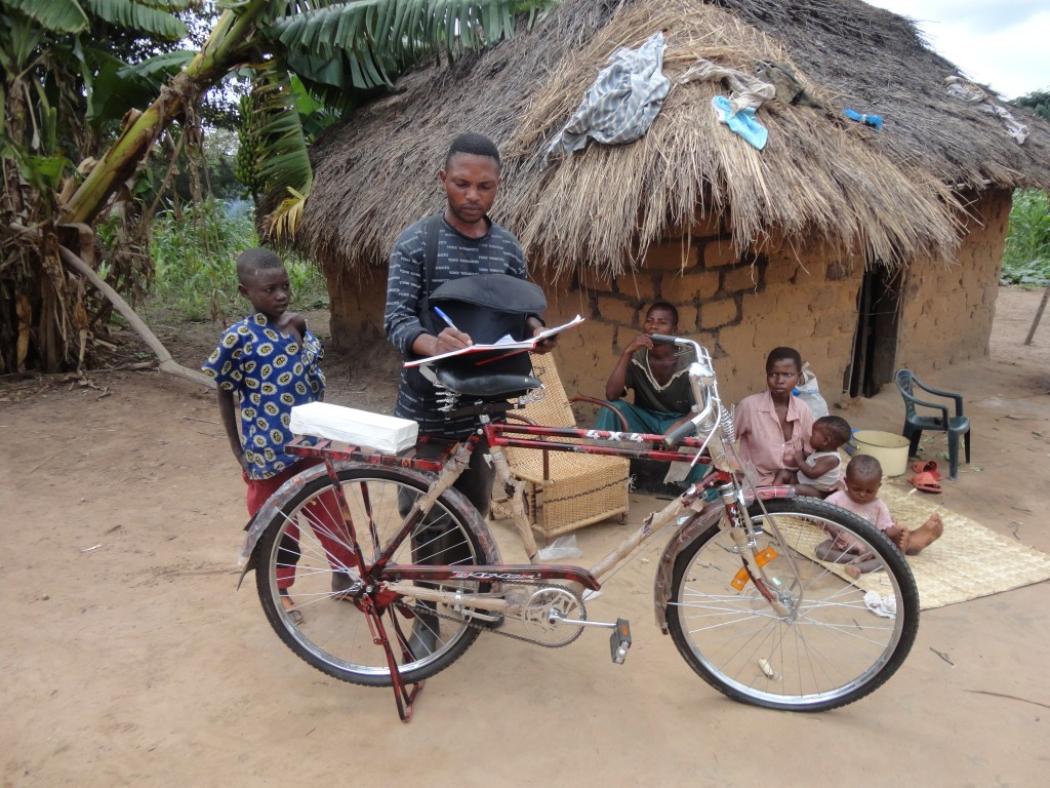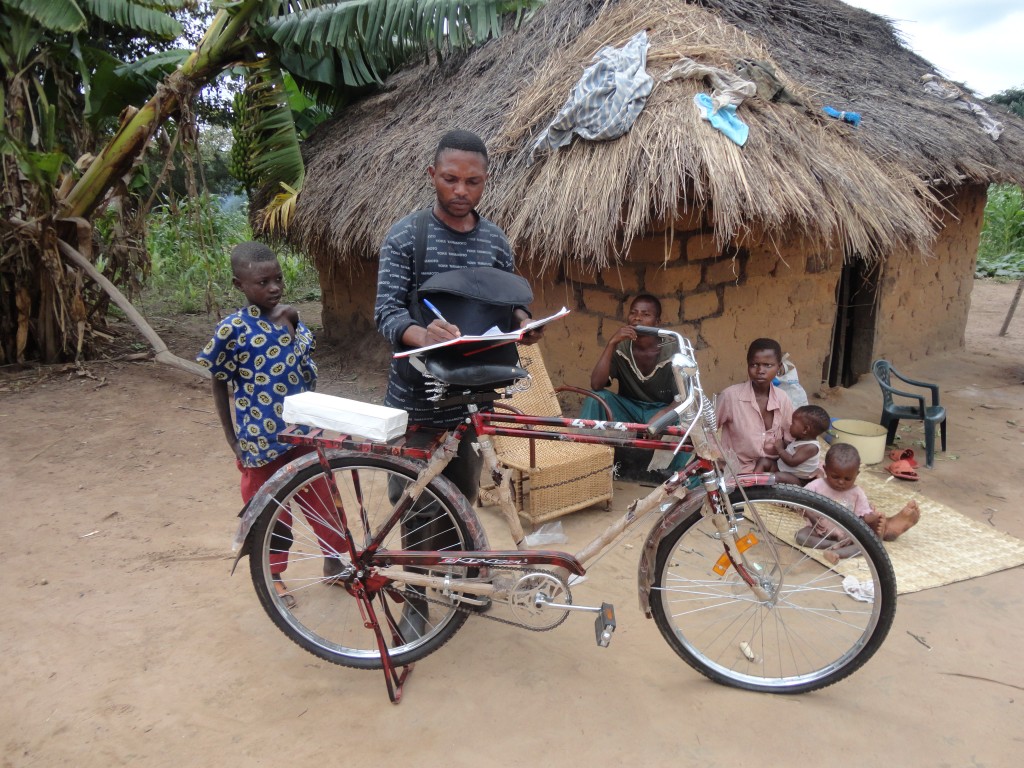Enhancing training of community health workers in DRC through effective management

By Mary O’Neil, EdD, principal program associate, Human Resources for Health, Management Sciences for Health Evidence of the need to scale up the number of frontline health workers in developing countries abounds throughout sub-Saharan Africa, as described in the recent post in this blog by Avril Ogrodnick of Abt Associates. Yet training new health workers is not sufficient, in itself, to sustainably address the crisis – governments must also invest in providing management support to harvest the full value of these trainings. In the Democratic Republic of Congo (DRC) – where almost half of the total deaths among children under age 5 are caused by malaria, diarrhea and pneumonia – the Ministry of Health and its partners are addressing this situation systematically to reduce the child mortality rate. To do so, they must face the reality that there are only 0.09 doctors and one nurse per every 1,000 people in the country. The ministry is working with partners to train community health workers (CHWs) to provide access to basic health services that have the potential to save lives. To provide such access, the training program needs effective management support. Management Sciences for Health (MSH), the International Rescue Committee and Overseas Strategic Consulting, LTD are supporting the DRC’s Integrated Health Project, supported by the United States Agency for International Development (USAID). Among other objectives, this project works to increase access to and availability of the government’s Minimum Package of Activities, which are designed so people across the country will take more charge of their own health needs by having greater access to quality, comprehensive care. 
The program must address several challenges. There is low ownership of the approach at the intermediate level resulting in weak linkages between the community and the greater health system. Retention of trained CHWs is difficult due to a lack of incentives. Drugs are often not available, and supervision is irregular and inadequate. To address these challenges, the project is utilizing a method called the “Integrated Case Management of Childhood Illnesses (iCCM)” approach. The iCCM goal is to ensure increased access to effective care services of children under age 5 living in the most underserved rural areas who suffering from the three main causes of child mortality: malaria, diarrhea and pneumonia. The program includes training and supportive supervision of CHWs chosen by each community, as well as provision and collection of essential drugs, job aids and reporting tools. The CHWs are volunteers trained in iCCM, including training in behavior change communication. Head nurses from health centers in the DRC transfer some of their lengthy list of tasks to the CHWs by training with the volunteers at the ICCM sites and providing monthly supportive supervision. The CHWs are tasked to perform basic diagnosis and follow standard treatment protocol for uncomplicated malaria, diarrhea and pneumonia, and refer severe cases to health centers. They also provide counseling to mothers of sick children so that they understand key messages including medicines prescribed and dosage instructions. Although a full evaluation of this program has not yet taken place, we know that community health workers, as a vital part of the health workforce, will improve their performance with basic management support in place.
